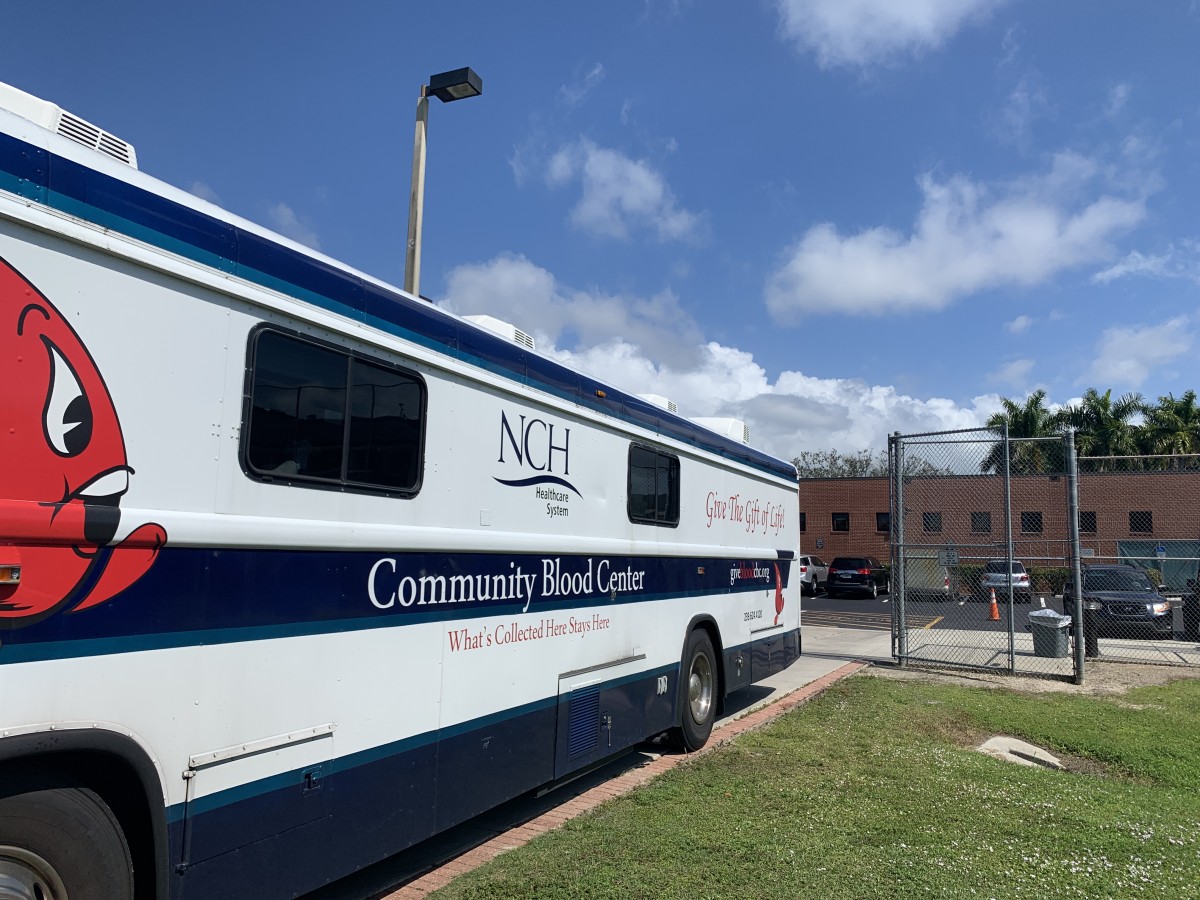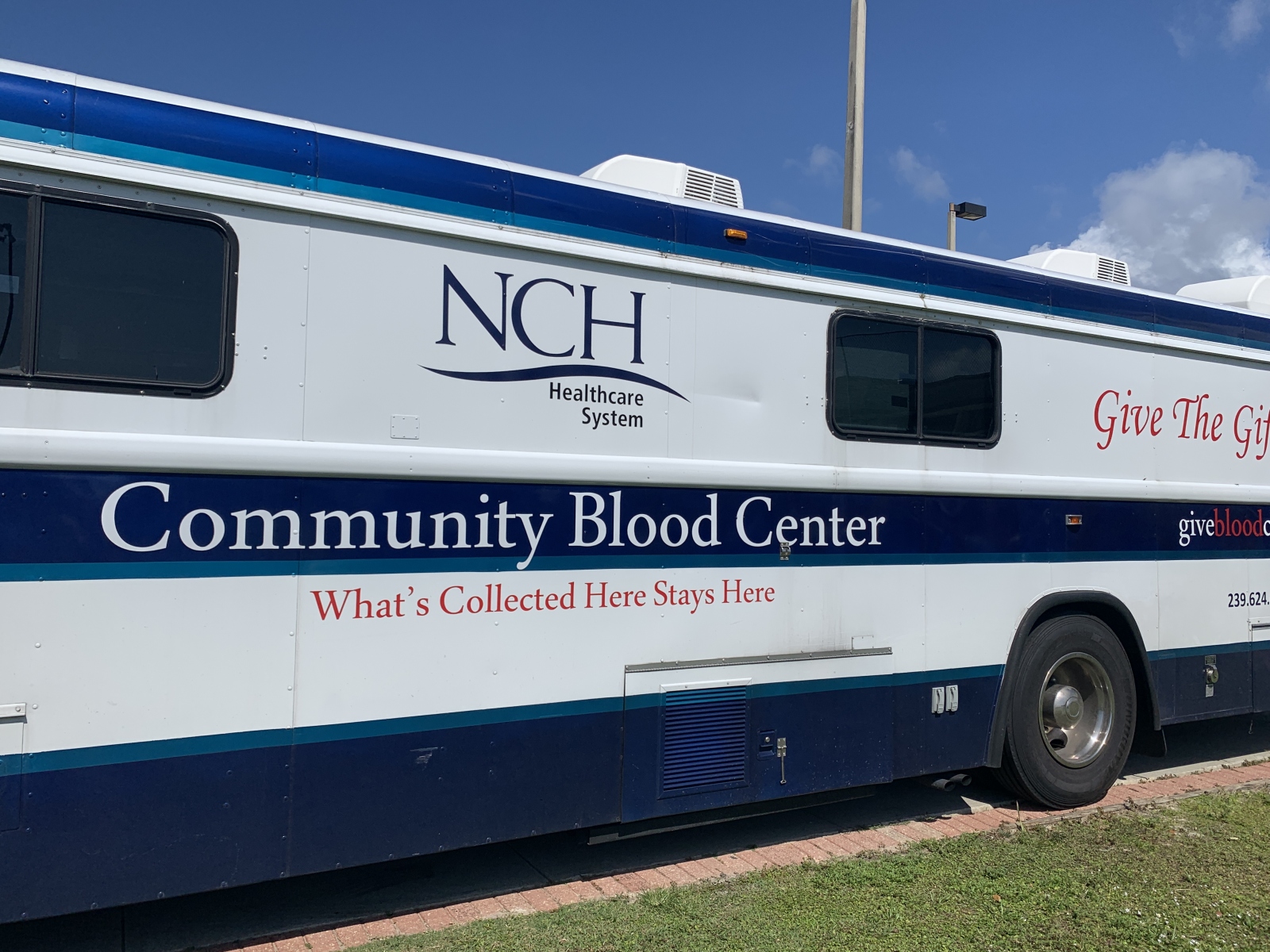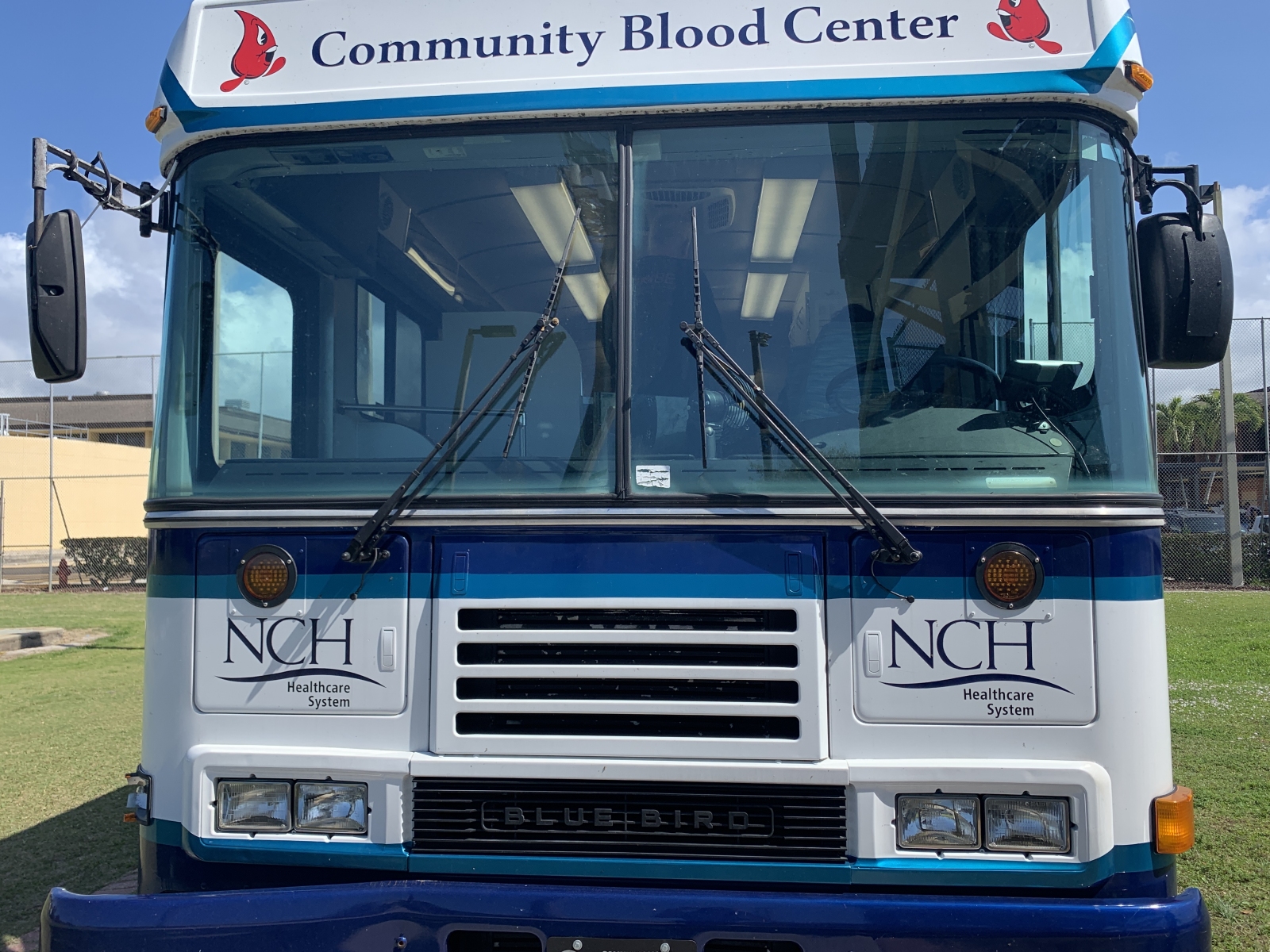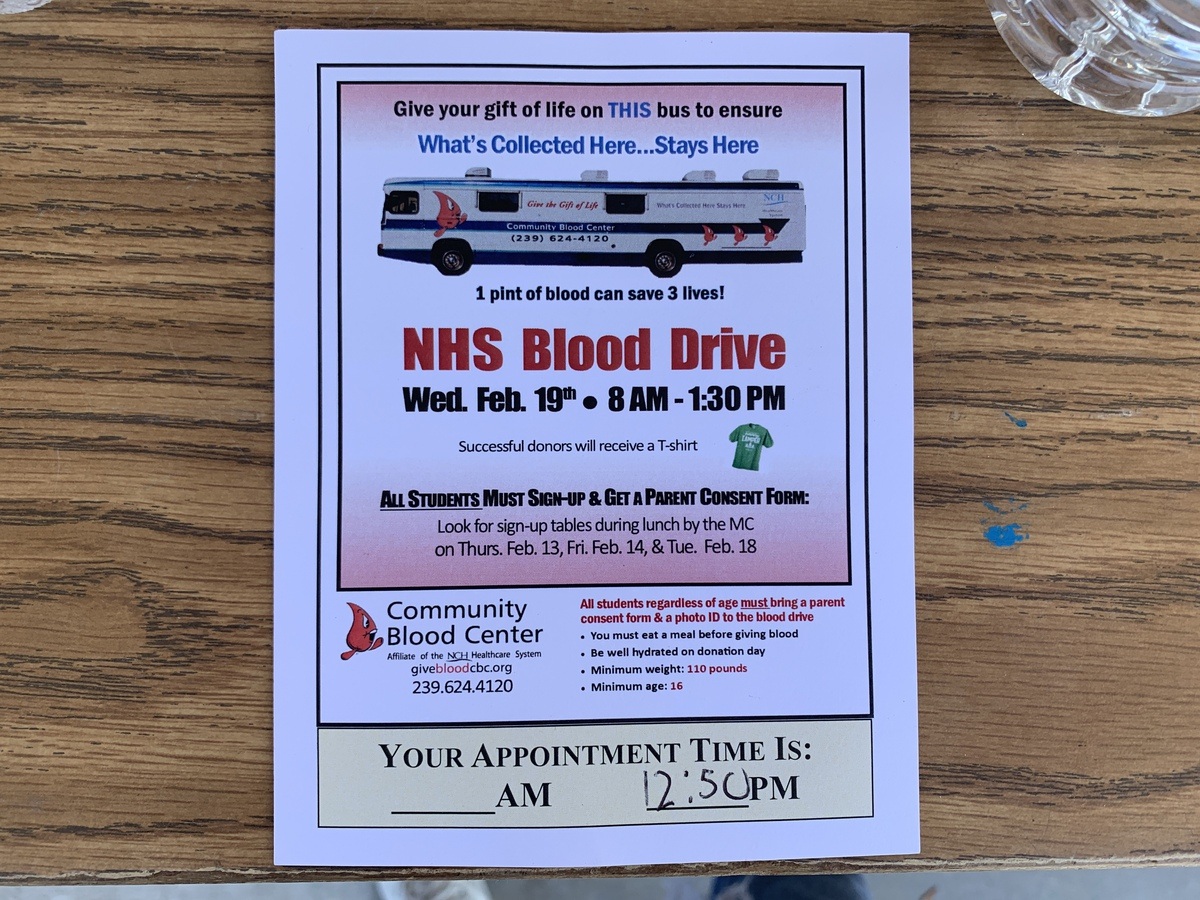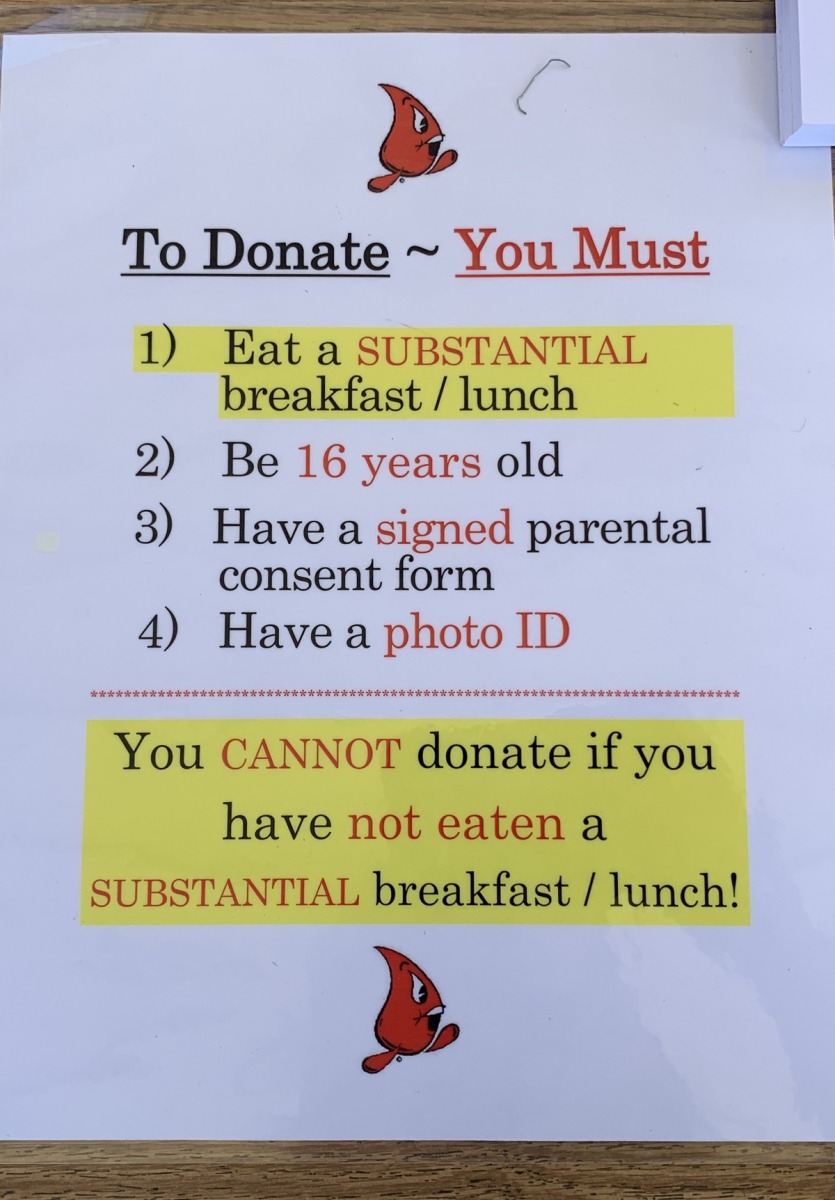Blood drives might make some people queasy and might have them steer clear, but a lot of students don’t realize all the benefits that come with donating blood.
Donating blood is a great way to get students involved in the community. Blood drives engage students and educators to come together and participate in a community service project that saves lives, provides leadership opportunities and promotes teamwork.
High school donors provide as much as 10% of Community Blood Center’s (CBC) overall donor base, and during the 2018-19 school year, there were nearly 4,300 blood donations made by students at their high school blood drives.
“All of the Community Blood Center’s blood that’s collected here stays here,” said Jennifer Knight, who organizes the blood drives. “Only three out of 100 people donate.”
To donate, students must eat a substantial breakfast/lunch, be 16 years old, have a signed parental consent form and have a photo ID. Students cannot donate blood if they have not eaten before getting it drawn.
There are many other ways students can help out without donating their own blood. Recruiting new blood donors, volunteering at their high school blood drive or hosting a blood drive themselves are some of the ways they can leave a positive impact.
“The minimum weight is 110 pounds,” said Knight. “All students must bring a signed parent consent form to the blood drive.”
The demand for blood is steady and blood banks count on volunteers to meet the needs of accident victims and patients in need of transfusions. All of Collier County offers blood drives to students as a way to give back to the community and local hospitals.
The CBC asks donors to take time out to help replenish a low supply of blood. All blood types are needed to supply blood products to all hospitals in Collier County. The nonprofit blood center is affiliated with the NCH Healthcare System.
As they say, give the gift of life and donate!

